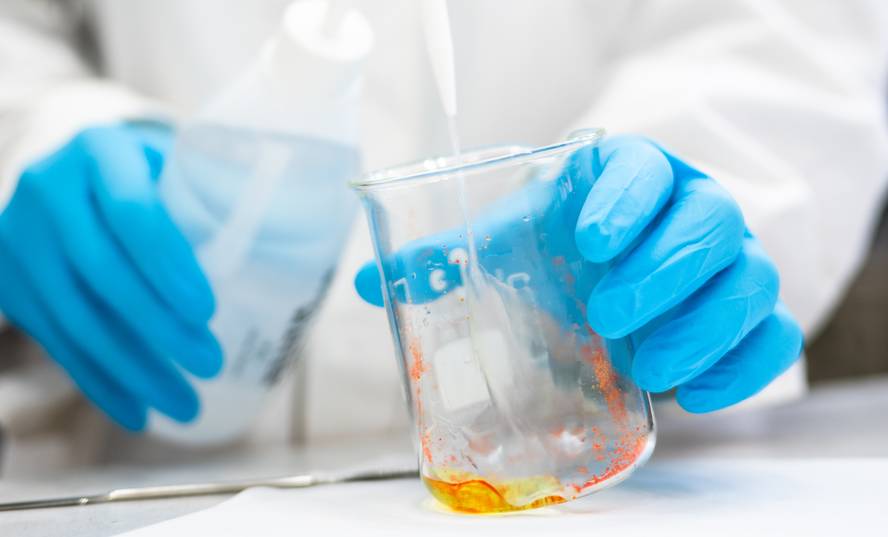Create monolayer gold
Researchers at Linköping University (Sweden) have for the first time succeeded in creating gold sheets with a single layer of atoms. They call it Goldene. Researchers have commented that because of its properties it could be appropriate for the conversion of carbon dioxide, hydrogen production and the generation of added value chemical compounds. The journal Nature Synthesis has unveiled the achievement.
Gold sheets were formed from a material in which gold is interspersed between titanium and carbon layers. A few years ago they got this material, but taking out gold sheets has been a big challenge.
In the end, by chance, they discovered that a Japanese forging technique could be appropriate: the Murakami reagent. This technique, over 100 years old, is used in knives to remove carbon residues to change the color of steel. The technique had to be adapted with variations in reactive concentration, reaction time, etc. And the last step was to stabilize the gold sheets by adding a surfactant. The gold sheets you get are in a solution and are extracted with a kind of sieve.
When a material is so thin, its properties change radically, as with graphene. In the case of gold, even if it's a metal, if it's a single atomic layer, it could be a semiconductor, for example. Researchers have commented that new properties allow applications such as carbon dioxide conversion, catalysis for hydrogen production, production of value-added chemicals, water purification, communications, etc. They also stress that it can significantly reduce the amount of gold used in current applications. On the other hand, they point out that the next step will be to investigate if the same can be done with other noble metals.






